If someone asked you what was the greatest invention of the 20th century, you might say it’s the television; or aeroplanes; or antibiotics.
But, you could also make a case for the air-conditioner as the greatest invention. It might get a few raised eyebrows and chuckles around the room, but you may have a point.
Just like all the other inventions listed above, the aircon is now deeply ingrained in human life, and we depend on it daily.
Can you imagine what it would be like in a hot and tropical climate like Malaysia if aircons didn’t exist? We wouldn’t be able to work in comfort, and commuting to work would be a nightmare.
Beyond just personal comfort, the aircon has impacted humanity in other ways, too. But before we get into that…
Table of Contents
Who invented the aircon?
The story goes like this: in the early 20th century, a printing shop in New York was having difficulty with the unsteady humidity levels during summer.
It was so bad that it caused the ink to smear and also affected the paper’s quality.
Frustrated, they hired a young engineer called Willis Carrier to fix the problem.
Carrier devised a machine that could not only dehumidify the air, but also maintain the humidity levels.
Coincidentally, as a secondary effect, the machine also helped to cool the temperature in the room. And so, the first modern air-conditioning system was invented.
But aircons aren’t just for keeping cool; since its inception, aircons have changed our lives, our history, and possibly even our future.
Here are 8 crazy facts about the aircon that you probably didn’t know:
1. The aircon helped elect a US President

According to his book “How We Got To Now”, Steven Johnson argued that air-conditioning indirectly helped Ronald Reagan in his 1980 presidential campaign.
Before the aircon was invented, the “Sun Belt” region (the southern region in America) had very low populations. For example, Las Vegas only had a population of 937 in 1910. This region was simply too hot to live in, especially during the summer. Temperatures in certain areas could soar as high at 37°C.

However, when air-conditioners became more affordable for households, it sparked one of the greatest human migrations in U.S history.
People from the north migrated to the south, and the population in the southern cities grew dramatically.
And, the people who migrated to the south were mostly older or retirees that were mainly conservative, Republican voters.
Due to the way votes are counted in the US, this population increase was pivotal in Ronald Reagan’s victory against Jimmy Carter in 1980.
2. Aircons are responsible for blockbuster movies

Before the aircon was invented, movie theatres were the last place people wanted to be during the hot summer.
That’s because theatres had to sacrifice windows and vents in order for it to be dark and quiet for the silver screen.
Therefore, it’s easy to see why people didn’t fancy the idea of sitting inside a hot and poorly ventilated hall with other sweaty people.
Remember Willis Carrier, the inventor of the aircon? In 1925, he tested his aircon system in the Rivoli Theatre in New York.
It became such a hit, that cinema operators all over the country started installing air-conditioners in movie halls.
But air-conditioners were still expensive and bulky for most people. However, they could now flock to the only place that had free aircon: a movie theatre.
As soon as that happened, summer movies started getting popular and became the most profitable period for movie studios. This gave birth to the summer blockbuster season.
3. Aircons have made humans weaker

While the introduction of air-conditioning has actually made our lives better, research indicates that our dependency on them has made us more miserable at handling heat.
Because we spend more time indoors under the comfort of our aircons, that our bodies have become more accustomed to the indoor temperature.
So, if you’re wondering why you’re sweating even more when you’re outdoors, now you know why.
4. Aircons have changed how buildings are designed
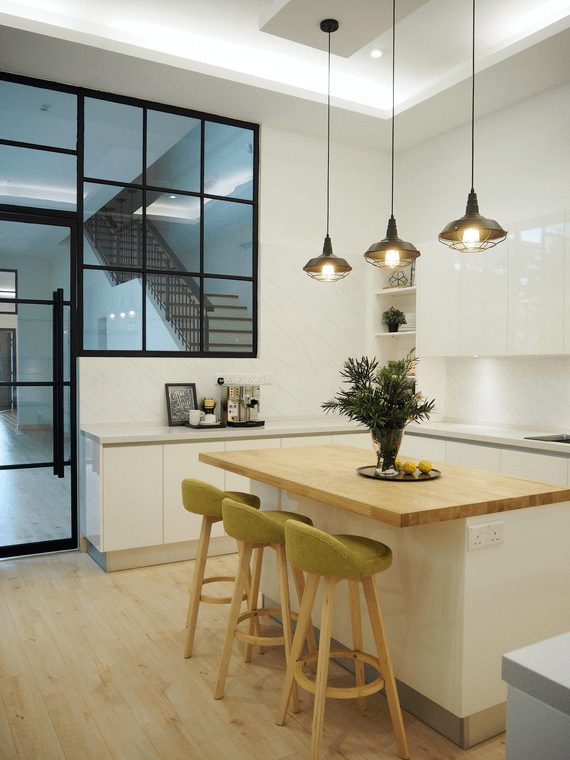
Before air-conditioning, the architecture of homes and buildings were mostly designed to encourage natural ventilation and passive cooling. This was to prevent the occupants inside from baking when the weather was hot.
These homes typically had high ceilings (so hot air could rise up), lots of verandas to add shading from the sun, and windows on perpendicular walls for cross-ventilation (and improve air circulation).
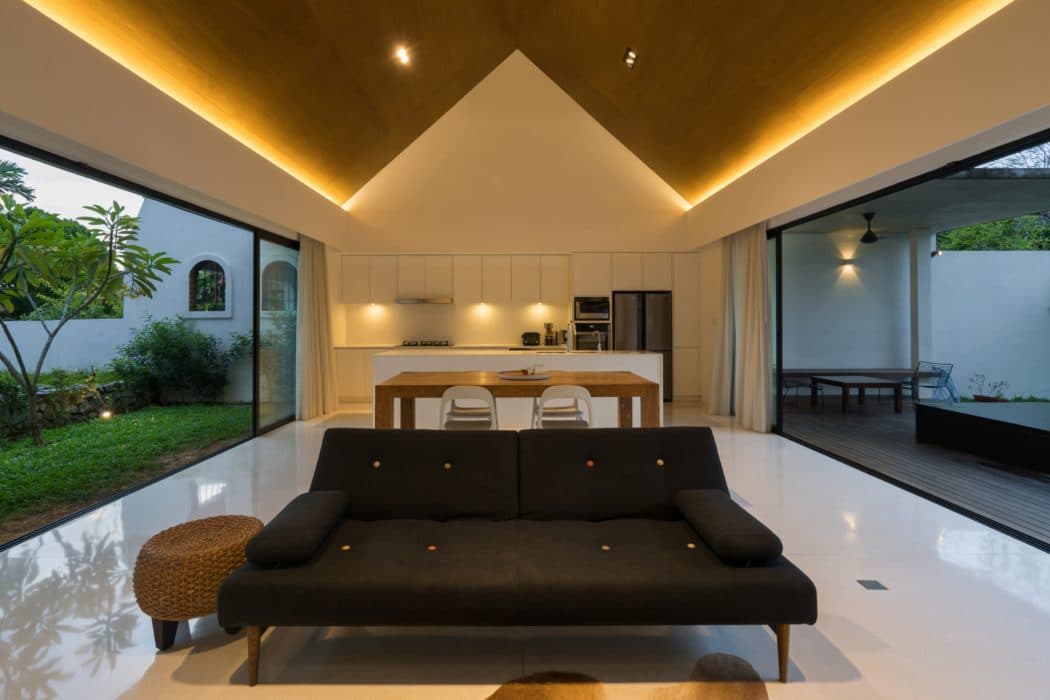
Some older homes even had inner courtyards to encourage natural airflow. An example of this can be seen in old Peranakan homes.
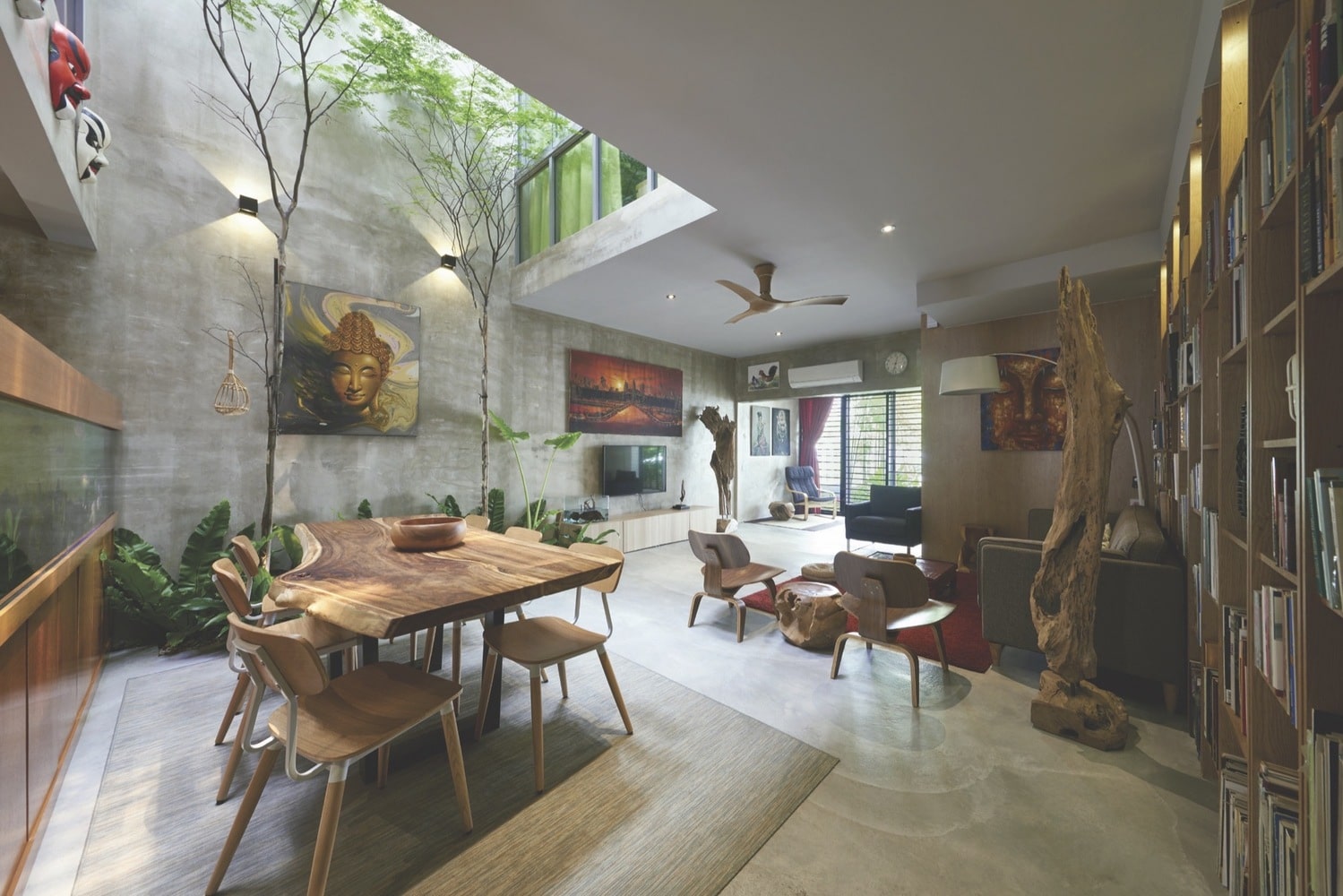
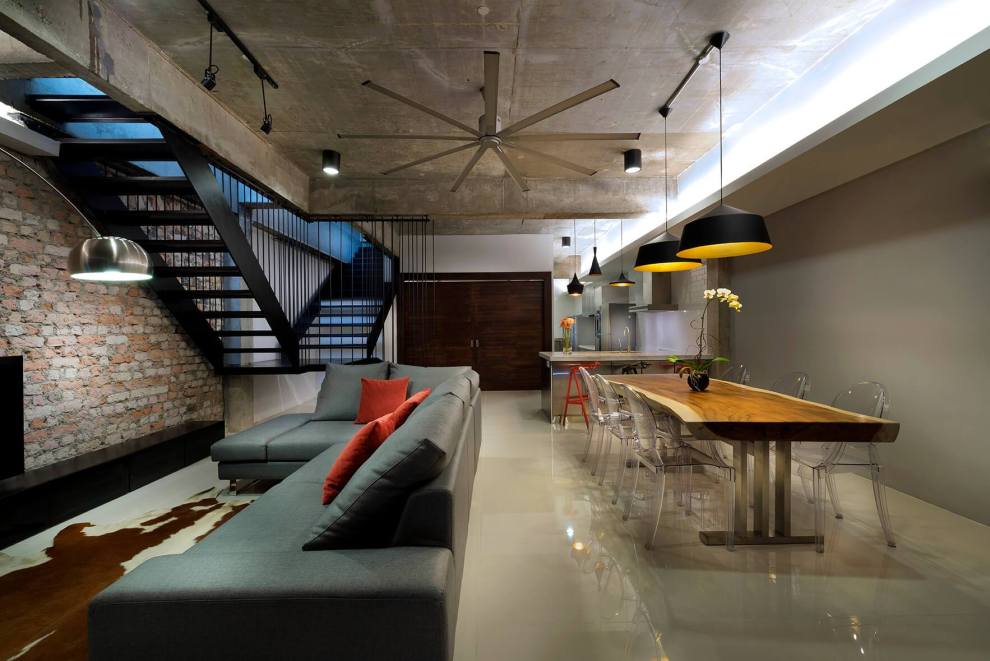
Needless to say, this natural method of keeping cool not only resulted in lower energy consumption, but was also more environment-friendly.
But, thanks to air-conditioning, it became easier to design high-rise “glass boxes” that were completely climate controlled.
Today, we have condominiums and commercial buildings that don’t allow their windows to be opened. The comfort of its residents are completely dependent on air-conditioning.
Unfortunately, our reliance on air-conditioning is contributing to the growing energy and environmental problem.
As such, designers and architects are returning to traditional designs with passive cooling techniques as inspiration for new developments.
In fact, according to this article, passive houses are deemed as the “future of building” and will be a growing trend in the future.
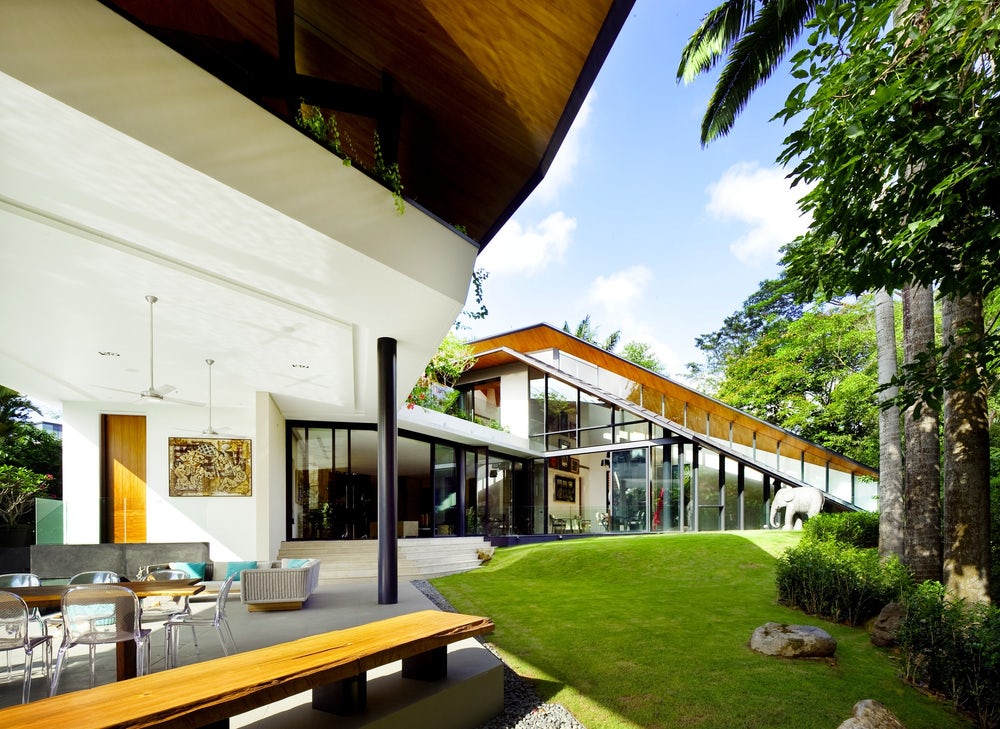
If you want to reduce your dependency on aircons, you can give your home a minor update. Tinting your windows, adding trees for shade, installing thicker curtains, upgrading your flooring material, and awnings are some of the things you can do.
5. Aircons are cold, but won’t give you a cold

Contrary to popular belief, being in a cold room with the aircon at full blast won’t give you the flu; you catch a cold from a virus.
However, some people who have sensitive noses may get nosebleeds if the indoor air is too dry. It’s also possible to get infected if the indoor air quality is poor.
Cleaning your aircon regularly will help prevent virus, fungi, mould, and bacteria buildup in your filters. Thus, ensuring that the air is cleaner to breathe.
Ensure that you and your loved ones are well protected by scheduling an appointment with aircon technicians now to deep clean your aircon.
6. Aircons make you work harder
Want to improve your employees’ work productivity? Invest in air-conditioners.
According to one study, U.S government employees showed an increase of 24% in typing speed after they switched from a non-aircon office to an air-conditioned one.
Another research also showed a correlation between high temperature and work productivity; call centre employees saw a productivity drop of 2.2% per 1°C when the room temperature increased above 25°C.
7. Aircons help students get higher marks

Air-conditioners don’t just help with work productivity, they also make a difference when it comes to examination results.
A research done by Harvard University showed a connection between temperature and school performance. According to the study, students tend to have lower scores when the temperature was higher.
Not only that, but high temperature also impacted students’ learning abilities. This was even more evident when the temperature rose above 32°C.
8. Without the aircon, you wouldn’t have the Internet
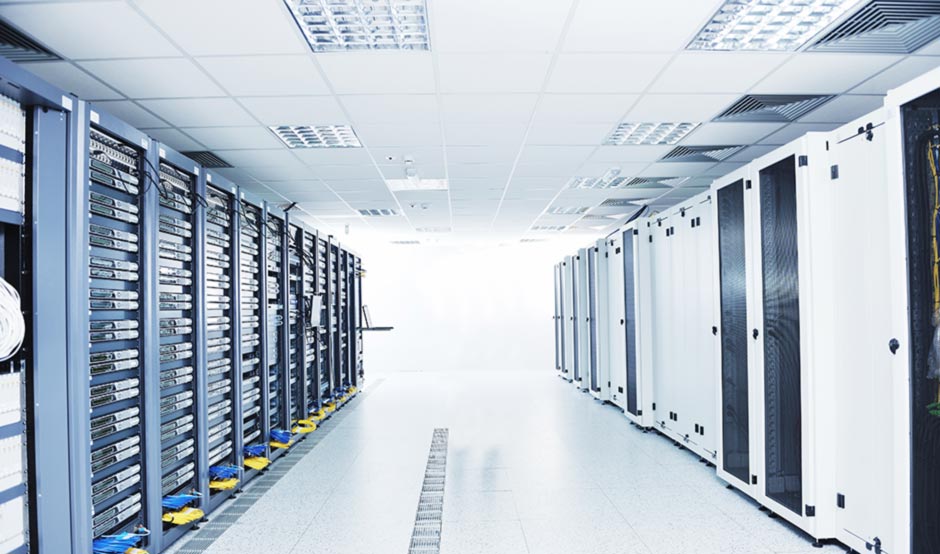
Perhaps the greatest contribution of air-conditioning to the modern world is this: they make the internet possible.
Each time you browse the internet, stream a movie, send an email, Google something, or comment on Facebook, you have air-conditioning to thank for, because they cool the server rooms and data centres that allow us to enjoy these services.
Data centres contain rows of servers that store and manage data for websites and computer networks to function. Without a good air-conditioning system, these server rooms and data centres will overheat and breakdown, jeopardizing businesses, telecommunications, banks, and security worldwide.
For example 2013, one of Microsoft’s data centres overheated and malfunctioned. As a result, Hotmail, Outlook, and OneDrive cloud services were offline for 16 hours!
But keeping lots of aircons running consumes a lot of energy, and it’s also detrimental to the environment. To prevent energy wastage, companies like Google and Facebook use innovative cooling technologies that are more efficient and environment-friendly.
Watch: how Google keeps its data centre cool:
We own a lot to the aircon, but it needs to be maintained regularly to perform at its best
While air-conditioners keep us comfortable at the office, school, and at home, they consume a lot of electricity – even more when they’re not serviced regularly. A well-maintained aircon will help to improve the air quality and help ensure that your aircon functions optimally.


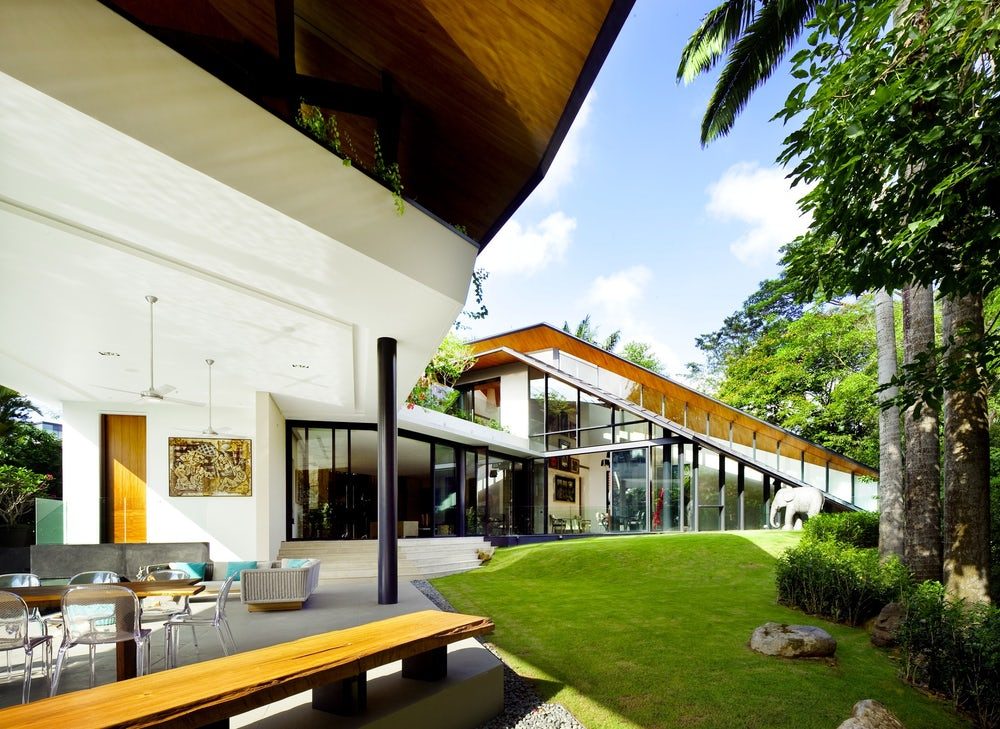


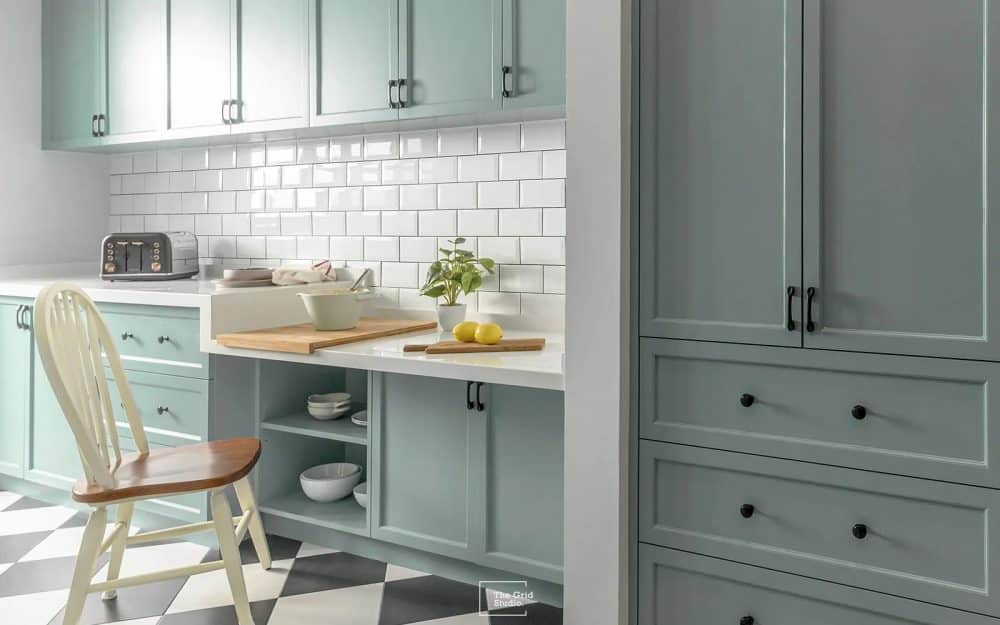
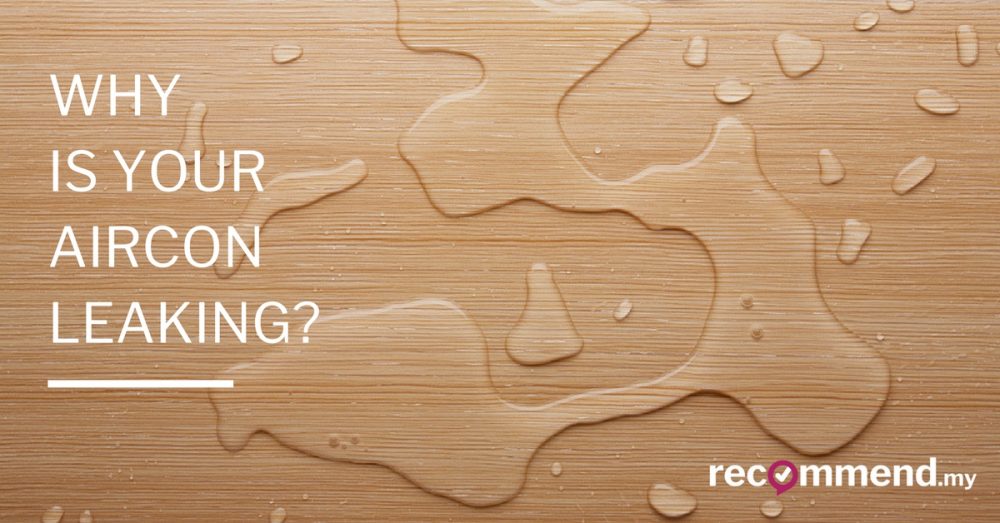
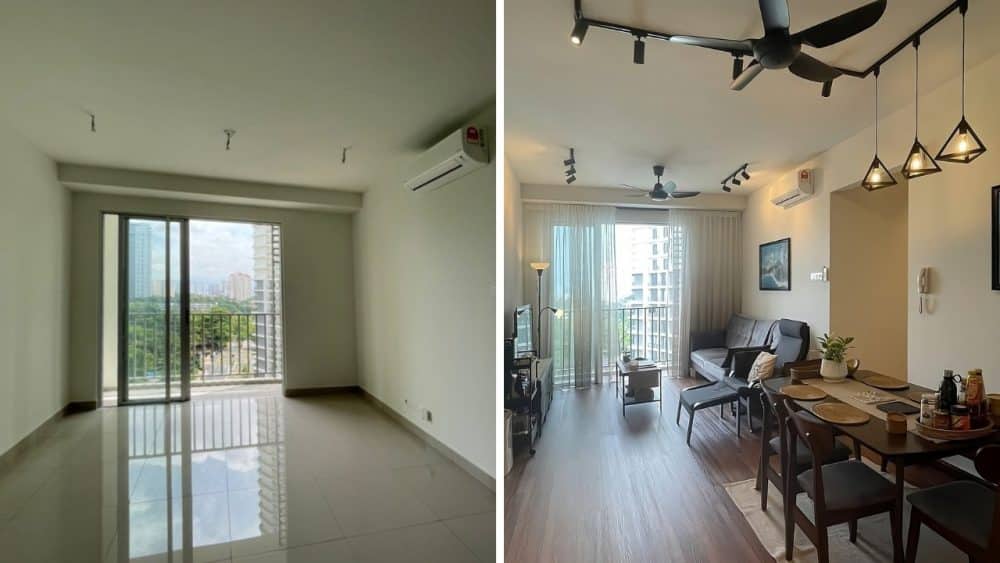


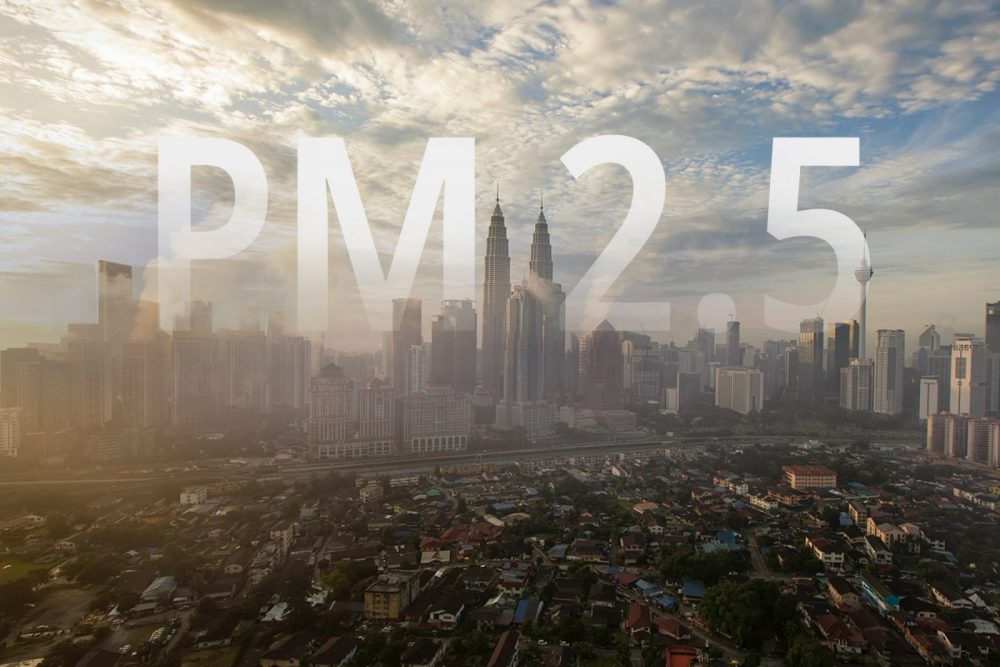
No matter if some one searches for his necessary thing, thus he/she desires to be
available that in detail, thus that thing is maintained over here